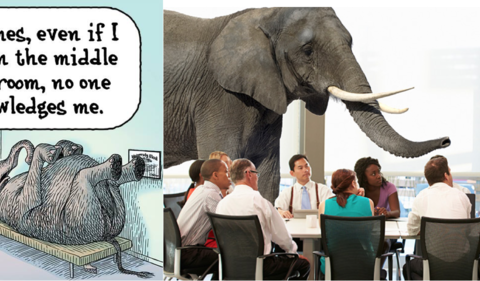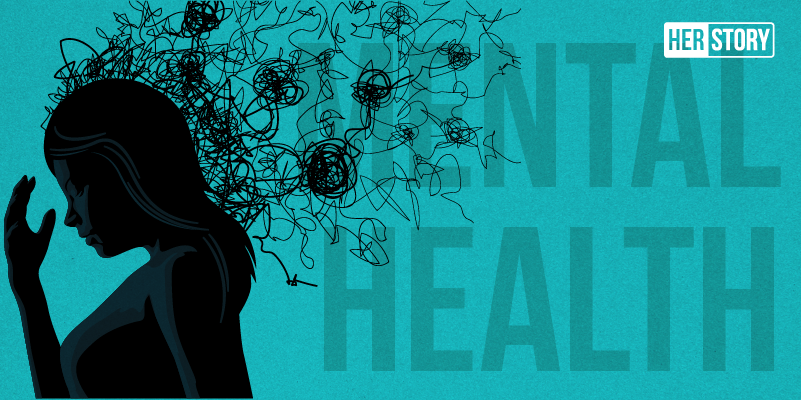Amidst the clutter, concrete and grey of our cities, an unlikely beast is thriving. Much like the dementors of the Harry Potter world, it is adept at sucking out souls.
Chronic loneliness among young Indian urbans is a mental-health issue that is not getting the attention it sorely deserves. Stock images of loneliness often depict the elderly in darkened rooms staring at nothingness, but the reality is starkly different. This is not to say the elderly in India are not lonely; but the phenomenon is worryingly showing up in a large number of young urban Indians who, one would normally assume, are anything but.
As ironic as it sounds
Social-network savvy folks in their 20s and 30s, living in our choking-with-people cities are increasingly feeling friendless, isolated, and depressed. Worse, they are unable to recognise and acknowledge how loneliness has the potential to destroy them and thus do not reach out for help until it is too late.
Dr Venkatesh Babu, consultant psychiatrist at Fortis Hospitals, Bengaluru, emphasises that loneliness is both a cause and consequence of mental-health disorders. “People in their youth tend to engage in different kinds of behaviour, due to loneliness,” he says. Some may over-indulge in social platforms, others may use substances, while there may also be risk-taking behaviours, like say, speeding. Sometimes though, “loneliness may result in lifestyle modifications such as joining fitness classes, seeking outdoor adventure,” he says.
Clear and present danger
There are virtually no statistics to go by, but anecdotal and narrative evidence points to a problem that is growing exponentially. Chronic loneliness has reached epidemic proportions in several Western countries. For instance, the UK recently appointed a Minister of Loneliness “to tackle the sad reality of modern life”.
“In a country that is already a minefield of mental health concerns, awareness about how loneliness is directly connected to depression, anxiety and suicidal tendencies is abysmally low,” says Dr Raghu Krishnamurthy, consultant psychiatrist at BGS Gleneagles Global Hospitals, Bengaluru.
Dr Krishnamurthy feels the ‘paradox’ of our times to be one of the chief reasons for the palpable ways in which loneliness is being felt by the youth. “People prefer to stay indoors and interact online on social media. This has made flesh-and-blood interactions seem like a tiresome process and not worth their while,” he says. The value of real and genuine social interactions cannot be underestimated, he adds. “When children grow up in this paradox where they prefer isolation (while subconsciously seeking company), it leads to emotional hindrances.”
Where do we go now?
Author of a bipolar memoir How to Travel Light, Shreevatsa Nevatia, feels it is important to distinguish between loneliness and chronic loneliness, where the latter requires clinical intervention. “The trouble in India is that if you suspect you need such an intervention, it’s hard to find someone to go to,” he says. “According to figures provided by our current government, we need 13,500 psychiatrists in the country. We have only 3,827. We need 20,250 clinical psychologists. We have only 898. Even if someone were willing to get past the stigma and India’s cavalier approach to loneliness, where does that someone go to seek help and feel better?”
As depressing as the answer to this not-so-rhetorical question is, health professionals feel the first step really is to talk about loneliness, not as a distant ‘first-world’ problem, but as a strong underlying cause of some of the biggest mental-health issues faced by the young today. However, talking about loneliness is easier said than done. “When I told my closest pal that I often do not feel like talking, going anywhere and doing anything, I was told to chill,” says Prashant Nagaraj, a 28-year-old IT professional. Chill, he clearly could not, and eventually sought help.
“Being self-aware is the only real starting point for a loneliness cure,” says Dr Vijay Mehtry, consultant psychiatrist, Mindful TMS Neurocare, Bengaluru. “Tackling the issue requires a complex, multi-pronged approach, the resources for which the country obviously lacks. A good place to start though would be to normalise conversations around the condition and not dismiss concerns as ‘throwing attitude’ or ‘being dramatic’.”
For Nevatia, some of his biggest learnings about loneliness has come from a book The Lonely City: Adventures in the Art of Being Alone by Olivia Laing. He quotes her: “So much of the pain of loneliness is to do with concealment, with feeling compelled to hide vulnerability, to tuck ugliness away, to cover up scars as if they are literally repulsive. But why hide? What’s so shameful about wanting, about desire, about having failed to achieve satisfaction, about experiencing unhappiness?”
Tackling your feelings of loneliness
- Open up. Talk to your family or a trusted friend first. If you find that difficult, approach a qualified psychologist. There’s no shame in talking because it is essential for the professional to determine if you are only lonely or you have underlying symptoms of anxiety or depression that often go unnoticed.
- Be self-aware. Notice your emotions and feelings and how you respond to adverse situations. If you often feel overburdened and your emotions are interfering in your daily activities, it is time to be concerned.
- Build a strong support system both at home and at your workplace.
- Prioritise quality and non-toxic face-to-face interaction over virtual communication. Invest in your family and children.
- Adopt healthy lifestyle practices (eating right, exercising, cutting out smoking) and discipline your social media usage.
- (Inputs from Dr Venkatesh Babu and Dr Vijay Mehtry)
Source: The Hindu
By: Rashmi Vasudeva








